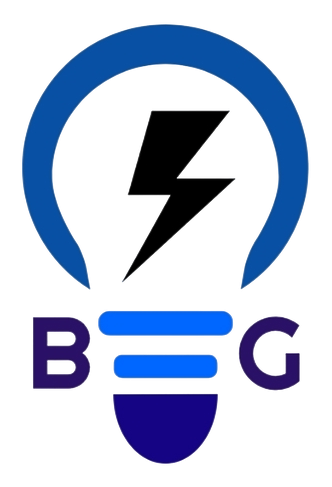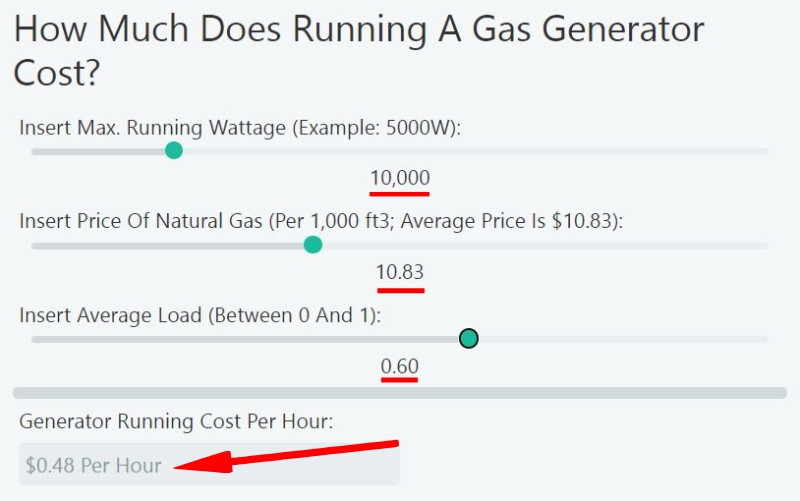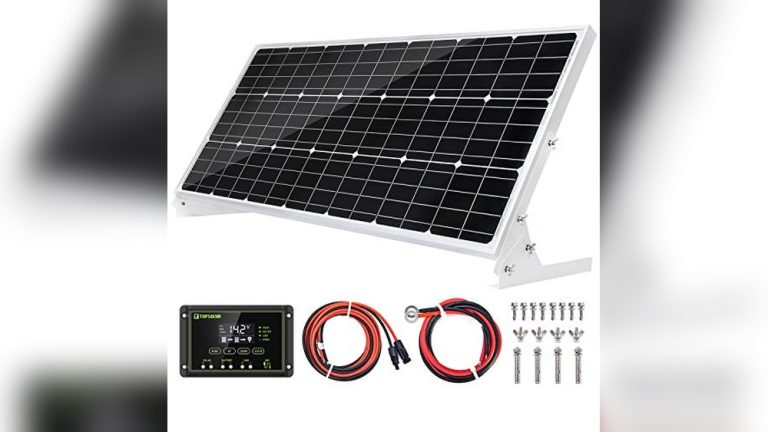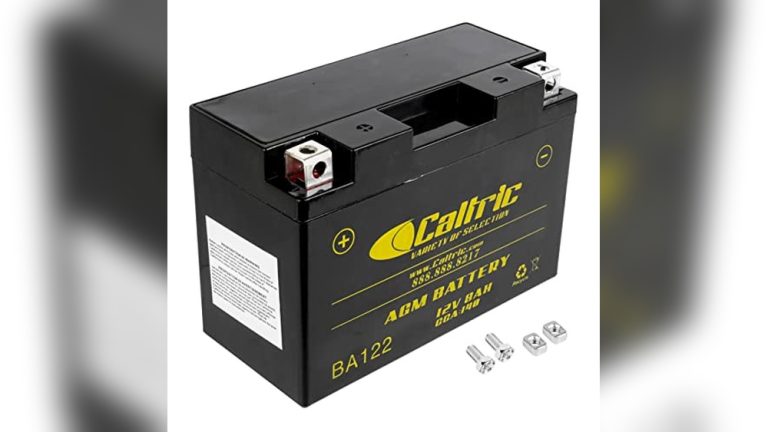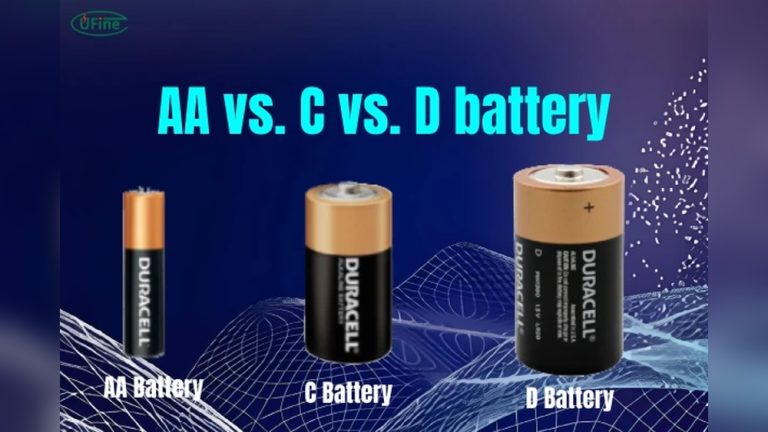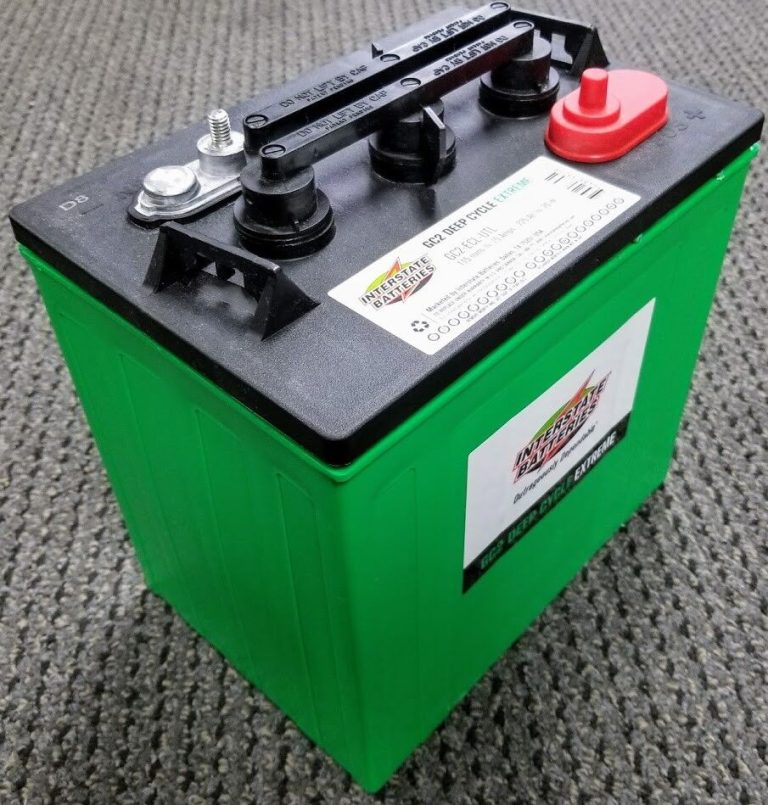How Much Gas Does a Generator Use Per Hour: Fuel Efficiency Tips
Generators are essential for backup power. But how much gas do they consume per hour?
A generator’s gas use depends on various factors, including its size and load. Understanding gas consumption is crucial for budgeting and efficiency. You need to know how long your generator can run on a full tank. This information helps in emergencies and for planning purposes.
Different generators have different fuel needs. Some are more efficient than others. Knowing the fuel use can save you money and ensure you have power when you need it. This guide will break down the factors affecting gas consumption, helping you choose the right generator for your needs. Let’s dive into the details of how much gas a generator uses per hour.

Credit: rtpowersystems.com
Introduction To Generator Fuel Consumption
Generators consume varying amounts of fuel per hour based on size and load. Smaller models use less gas, while larger ones consume more. Understanding your generator’s fuel efficiency helps manage running costs effectively.
Generators are essential during power outages or in remote areas. They provide electricity when needed most. Yet, many wonder about their fuel consumption. Understanding this helps manage costs and ensures efficient use. Fuel efficiency is vital for both economic and environmental reasons. Knowing how much gas a generator uses can save money. It also reduces the carbon footprint.Importance Of Fuel Efficiency
Fuel efficiency impacts the operational cost of a generator. Efficient generators use less fuel to produce the same amount of power. This means lower expenses over time. An efficient generator also runs cleaner. It produces fewer emissions. This is better for the environment. Every bit of fuel saved helps reduce pollution.Factors Affecting Fuel Use
Several factors affect how much gas a generator uses. The size of the generator is one of them. Larger generators typically consume more fuel. The load on the generator also matters. Running at full load uses more fuel than at half load. Regular maintenance can improve fuel efficiency as well. The type of fuel used is another factor. Gasoline, diesel, and propane have different consumption rates. Each type of fuel has its own pros and cons. Finally, the age and condition of the generator play a role. Older generators may not be as efficient. Newer models often have better fuel efficiency. Understanding these factors can help optimize generator use. It ensures you get the most out of your fuel. And it keeps costs and environmental impact low. “`Types Of Generators And Their Fuel Use
Understanding the types of generators and their fuel use is crucial for anyone relying on backup power. The fuel consumption varies based on the generator type and the fuel it uses. Let’s explore the different types and their fuel efficiency.
Portable Vs Standby Generators
Portable generators are small, movable units used for temporary power. They are ideal for camping, outdoor events, or emergencies. On average, a portable generator uses about 0.75 to 1.5 gallons of gas per hour.
Standby generators are permanent installations that automatically turn on during a power outage. They provide power for homes or businesses. These generators use around 2 to 3 gallons of gas per hour, depending on the load.
| Type of Generator | Fuel Use (gallons per hour) |
|---|---|
| Portable | 0.75 – 1.5 |
| Standby | 2 – 3 |
Diesel, Gasoline, And Propane Generators
Generators can run on different types of fuel. Each type has its own fuel consumption rates and benefits.
Diesel generators are known for their efficiency and durability. They use around 0.4 to 0.6 gallons of diesel per hour. Diesel is more energy-dense than gasoline.
Gasoline generators are common and easy to refuel. They typically use 0.75 to 1.5 gallons of gasoline per hour. Gasoline is readily available, but it has a shorter shelf life.
Propane generators are environmentally friendly and have a longer shelf life. They consume about 1.5 to 2.5 gallons of propane per hour. Propane is stored in tanks, making it easy to transport.
| Fuel Type | Fuel Use (gallons per hour) |
|---|---|
| Diesel | 0.4 – 0.6 |
| Gasoline | 0.75 – 1.5 |
| Propane | 1.5 – 2.5 |
Choosing the right generator depends on your needs and fuel availability. Consider fuel efficiency, storage, and cost when making your decision.
Calculating Generator Fuel Consumption
Understanding how much gas a generator uses per hour is crucial. It helps in planning fuel needs, budgeting, and ensuring continuous power supply. In this section, we will dive into calculating generator fuel consumption.
Fuel Consumption Formulas
To estimate fuel use, you need to understand some basic formulas. Generators are typically rated by their power output in kilowatts (kW).
Formula: Fuel Consumption (gallons per hour) = (Generator Size in kW) x (Fuel Consumption Rate per kW)
The fuel consumption rate can vary depending on the generator type. On average, a gasoline generator uses about 0.2 gallons per kW-hour.
Estimating Fuel Needs
Now, let’s look at how to estimate your fuel needs. Knowing the generator size and average fuel consumption rate helps.
| Generator Size (kW) | Average Fuel Consumption Rate (gallons per kW-hour) | Estimated Fuel Use (gallons per hour) |
|---|---|---|
| 5 kW | 0.2 | 1 gallon |
| 10 kW | 0.2 | 2 gallons |
| 20 kW | 0.2 | 4 gallons |
For a 5 kW generator, you need about 1 gallon per hour. A 10 kW generator uses roughly 2 gallons per hour.
To ensure your generator runs smoothly, plan ahead. Calculate your total power needs. Then, estimate the fuel required. This way, you avoid running out of fuel during critical times.
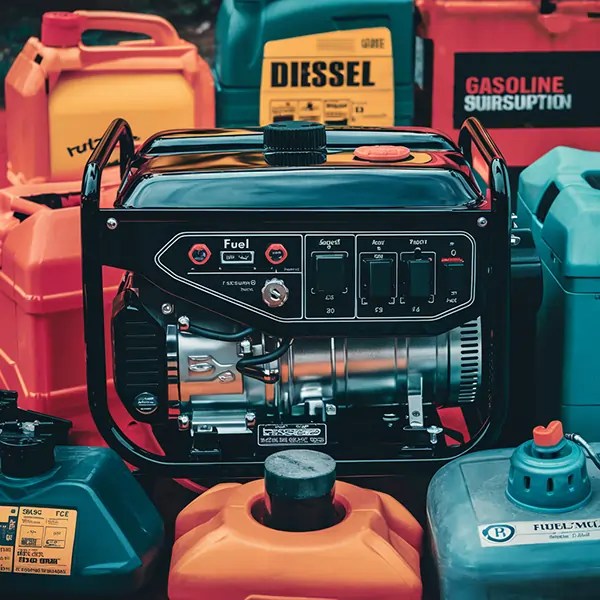
Credit: famcocorp.ae
Improving Generator Fuel Efficiency
Improving generator fuel efficiency is essential for saving money and reducing fuel consumption. By taking simple steps, you can make your generator run more efficiently. Below are some practical tips to help you achieve better fuel efficiency.
Regular Maintenance
Regular maintenance is crucial. Clean or replace air filters frequently. Dirty filters reduce airflow and make the engine work harder. Check and change the oil as recommended by the manufacturer. Clean spark plugs enhance combustion efficiency. Inspect fuel lines and tanks for leaks. Address any issues promptly. Properly maintained generators consume less fuel.
Optimal Load Management
Optimal load management is key. Avoid running the generator at full capacity for extended periods. Distribute the load evenly. Use energy-efficient appliances. Turn off non-essential devices. A generator running at a balanced load operates more efficiently. It uses less fuel and lasts longer. Monitoring the load can prevent overuse and improve fuel efficiency.
Advanced Fuel-saving Technologies
Advanced fuel-saving technologies have transformed how generators consume fuel. These innovations not only save money but also help protect the environment. Let’s explore two key technologies: inverter generators and eco-mode features.
Inverter Generators
Inverter generators are a modern solution for efficient fuel use. They work by converting AC power to DC power and then back to clean AC power. This process ensures stable power output, which is essential for sensitive electronics.
- Variable Speed: Traditional generators run at a constant speed. Inverter generators adjust their speed based on the load, using less fuel.
- Quiet Operation: These generators are quieter than traditional ones. This feature is perfect for camping or home use.
- Compact Design: They are lighter and more portable. Ideal for on-the-go power needs.
Choosing an inverter generator can significantly reduce fuel consumption. It is an excellent option for those who need reliable and efficient power.
Eco-mode Features
Eco-mode features are designed to optimize fuel efficiency. When activated, the generator adjusts its engine speed to match the power load. This results in lower fuel usage and reduced emissions.
- Automatic Adjustment: The generator senses the power demand and adjusts accordingly. This means no wasted fuel.
- Extended Runtime: With eco-mode, the generator can run longer on the same amount of fuel.
- Environmental Benefits: Reduced fuel use means fewer emissions. This is better for the planet.
Generators with eco-mode features are smart investments. They provide the necessary power while keeping fuel costs low.
Advanced fuel-saving technologies in generators offer significant benefits. They ensure efficient fuel use, cost savings, and environmental protection. Consider inverter generators and eco-mode features for your next generator purchase.
Real-world Fuel Consumption Examples
Understanding how much gas a generator uses per hour can be tricky. Real-world examples help you get a clearer picture. These examples show what you might expect in common scenarios.
Common Scenarios
Generators are used in various situations. For instance, during a power outage at home. A small portable generator running a few appliances uses about 0.75 gallons per hour. That’s if it is under a moderate load.
If you run a larger generator for a construction site, the fuel consumption increases. A 5,000-watt generator may use about 1 gallon per hour. This is while powering multiple tools.
Camping is another common scenario. A small inverter generator might only use 0.1 to 0.2 gallons per hour. This is because it typically powers fewer devices.
Case Studies
Let’s look at a real case study. John lives in a hurricane-prone area. He uses a 7,000-watt generator during outages. His generator runs about 8 hours a day. It consumes roughly 2 gallons per hour. That totals 16 gallons per day.
Another example is a food truck owner. Sarah uses a generator to power her equipment. Her 3,500-watt generator runs for 5 hours daily. It consumes about 0.5 gallons per hour. Her daily fuel use is 2.5 gallons.
A final case involves a small business. They use a 10,000-watt generator for backup power. It runs 4 hours a day during power cuts. This generator uses about 3 gallons per hour. Their daily fuel consumption is 12 gallons.
Tips For Reducing Fuel Costs
Generators can use between 0. 75 to 2 gallons of gas per hour, depending on size and load. Reducing fuel costs involves choosing the right generator size and maintaining a steady load.
Reducing fuel costs for your generator can save you money. It also extends the life of your generator. Here are some simple tips to help you reduce fuel costs.Efficient Fuel Storage
Store fuel in a cool, dry place. Heat can cause fuel to evaporate. Use airtight containers to store your fuel. This keeps it fresh for longer. Regularly check your storage containers for leaks. A small leak can waste a lot of fuel. Label containers with dates. Use older fuel first.Using Quality Fuel
Quality fuel burns cleaner and lasts longer. Poor fuel can damage your generator. Check the fuel grade recommended by your generator’s manufacturer. Buy fuel from reputable sources. It ensures you get high-quality fuel. Clean fuel filters regularly. Dirty filters reduce efficiency and increase fuel use. “`
Credit: www.generator-services.com
Environmental Impact Of Fuel Use
Understanding the environmental impact of fuel use in generators is crucial. Generators consume significant amounts of gas, affecting the environment. The emissions from generators contribute to pollution and climate change. It’s important to explore the broader environmental consequences of this fuel use.
Carbon Footprint
Generators emit carbon dioxide, a greenhouse gas. This gas contributes to global warming. The more fuel a generator uses, the higher its carbon footprint. Running a generator for long hours releases more emissions. This can have a significant impact on air quality and public health.
Sustainable Alternatives
Switching to sustainable alternatives can reduce the environmental impact. Solar-powered generators are one option. They use renewable energy and produce no emissions. Wind-powered generators are another green choice. These alternatives help preserve the environment and reduce pollution.
Frequently Asked Questions
How Much Gas Does A Generator Use Per Hour?
A generator uses about 0. 75 to 1. 5 gallons of gas per hour. The exact usage depends on the generator’s size and load.
What Factors Affect Generator Gas Consumption?
Factors include generator size, load, fuel type, and efficiency. More load and larger generators consume more gas per hour.
How To Calculate Generator Fuel Usage?
Check the generator’s specifications for fuel consumption rates. Multiply the rate by the number of hours used to estimate fuel usage.
Can A Generator Run On Less Gas?
Yes, running at lower loads can reduce gas consumption. Regular maintenance also improves efficiency and reduces fuel usage.
Conclusion
Understanding your generator’s gas usage is crucial. It helps with budgeting and planning. Always check your generator’s specifications. They provide the best estimates. Remember, different generators have different fuel needs. Monitor your usage regularly. This ensures efficiency and longer lifespan.
Keep your generator well-maintained. A well-maintained generator uses less gas. Stay informed and prepared. Your generator will serve you better.
